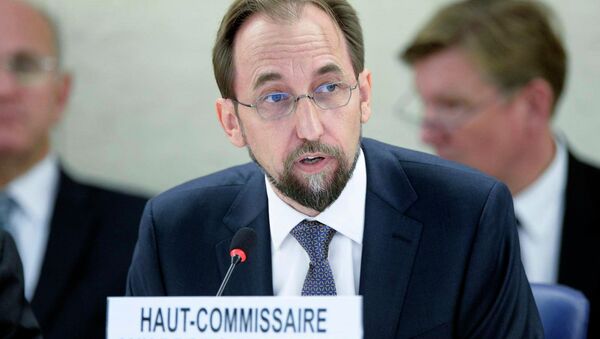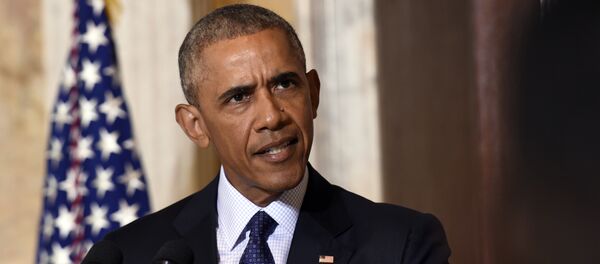Zeid said, "Examples from many countries clearly show that a legal framework to control the acquisition and use of firearms has led to a dramatic reduction in violent crime. In the United States, however, there are hundreds of millions of guns in circulation, and every year thousands of people are killed or injured by them." He stated that, "Irresponsible pro-gun propaganda suggests that firearms make society safer, when all evidence points to the contrary."
The Orlando gunman, Omar Mateen, was a licensed security guard permitted to carry handguns, and legally bought a semi-automatic military-style assault rifle from a gun store in nearby Port St. Lucie, Florida. He went on to use this weapon to kill 49 and wound 53 people at a popular nightclub in Orlando.
Zeid pointed out that the process for purchasing deadly weapons in the United States is far too lax, and makes widespread slaughter such as that witnessed on Sunday far too simple. “It is hard to find a rational justification that explains the ease with which people can buy firearms, including assault rifles, in spite of prior criminal backgrounds, drug use, histories of domestic violence and mental illness, or direct contact with extremists, both domestic and foreign," he stated.
US President Barack Obama made similar remarks following the killings, saying the shooting was "a further reminder of how easy it is for someone to get their hands on a weapon that lets them shoot people in a school, or in a house of worship, or a movie theater, or in a nightclub."
Zeid also claimed surprise at how the massacre was used by US presidential candidates to stigmatize Muslims and LGBTQ people, stating that the shooting is, "already being utilized to promote homophobic and Islamophobic sentiments." He urged "Everyone in the United States to rally around the common cause of ensuring that the human rights, and consequently the security, of all are strengthened in the aftermath of this horrendous incident."
The United Nations Human Rights office recently drafted a report analyzing the relationship between human rights and civilian access to guns. In its conclusion, the report advised governments to closely manage how their citizens acquire firearms.
"In the light of the harmful impact of firearms-related violence on a range of human rights, the High Commissioner reiterates the call of United Nations and regional human rights mechanisms for [UN member] States to regulate the civilian acquisition, possession and use of firearms." the report read, concluding that, "Human rights law requires States to protect people from harmful private activities and to adopt appropriate regulatory and institutional frameworks."
In his statement Zeid said that if America does not learn its lesson from this tragedy, it will invite another. He asked, "How many more mass killings of school-children, of co-workers, of African-American churchgoers, how many more individual shootings of talented musicians like Christina Grimmie, or politicians like Gabrielle Giffords, will it take before the United States adopts robust gun regulation?"





